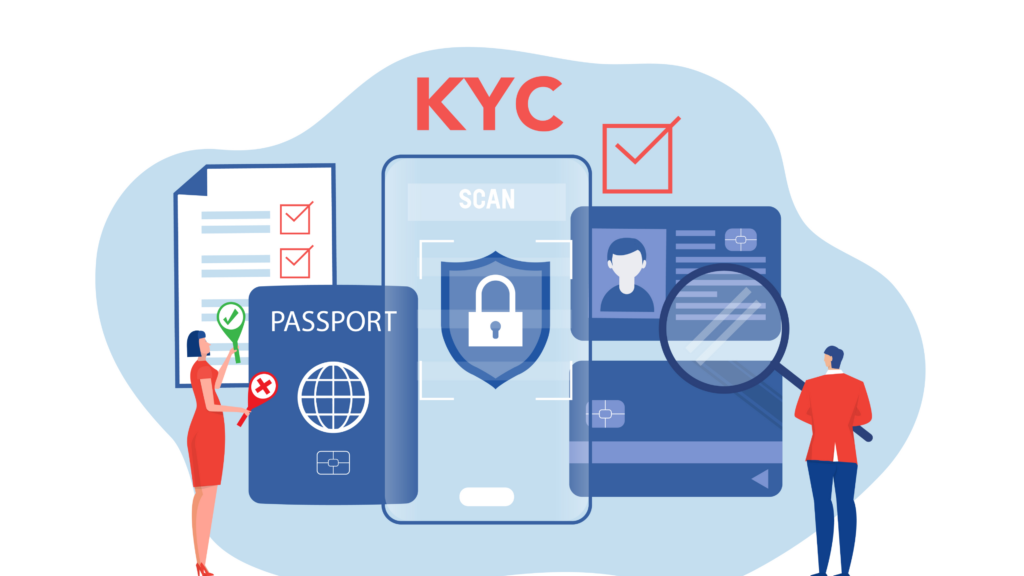Introduction
With the growing use of digital platforms for financial transactions, sharing documents via messaging apps like WhatsApp has become common. While convenient, this raises important questions about data privacy and security, particularly when sending sensitive KYC (Know Your Customer) documents. In this blog, we explore whether it’s safe to send your KYC documents to credit card agents via WhatsApp and provide tips to protect your personal information.
Understanding KYC Documents and Their Importance:
KYC documents include sensitive personal information such as:
- Proof of identity (e.g., Aadhaar card, PAN card, passport)
- Proof of address (e.g., utility bills, rent agreements)
- Financial details (e.g., salary slips, bank statements)
These documents are required by banks and financial institutions to verify your identity and comply with regulatory guidelines. However, mishandling this information can lead to serious risks such as identity theft and fraud.
Risks of Sending KYC Documents via WhatsApp
While WhatsApp is a widely used platform with end-to-end encryption, there are certain risks involved:
- Data Misuse by Agents :
- Not all agents operate under strict oversight. Unscrupulous individuals may misuse or mishandle your documents, leading to potential fraud.
- Device Vulnerabilities :
- If either the sender’s or recipient’s device is compromised by malware, the shared documents can be accessed by malicious actors.
- Lack of Accountability :
- When documents are shared via WhatsApp, there is limited traceability and accountability compared to secure platforms provided by banks.
- Unintentional Forwarding :
- Documents sent via WhatsApp can be accidentally forwarded or saved to cloud backups, increasing the risk of unauthorized access.
Best Practices for Securely Sharing KYC DocumentsIf you must send KYC documents via WhatsApp, follow these precautions:
Verify the Agent’s Credentials
Ensure the agent is authorized by the bank or financial institution. Cross-check their identity through official channels.
- Limit Document Sharing :
- Only send the documents required for the specific process. Avoid sharing unnecessary personal details.
- Use WhatsApp Privacy Features :
- Enable two-step verification and use disappearing messages to minimize the risk of unauthorized access.
- Watermark Your Documents :
- Add a visible watermark stating the purpose (e.g., “For Credit Card Application”) to prevent misuse.
- Request a Secure Alternative :
- Ask the agent if the bank provides a secure upload portal or encrypted email for sharing sensitive documents.
Alternatives to WhatsApp for Sharing KYC Documents
Instead of WhatsApp, consider using these secure options:
- Bank’s Official Portal :
- Most banks offer secure online platforms or mobile apps for uploading KYC documents.
- Encrypted Email :
- Use encrypted email services to send your documents securely.
- In-Person Submission :
- Whenever possible, submit your documents directly at the bank or financial institution.
- Registered Digital Locker Services :
- Platforms like DigiLocker (in India) provide a government-approved way to share verified documents securely.
Conclusion
While WhatsApp’s convenience is undeniable, sharing KYC documents through this platform poses significant security risks. It is essential to prioritize the safety of your personal information by using secure alternatives and following best practices when digital sharing is unavoidable. Always verify the recipient’s credentials and consider watermarking your documents to prevent misuse. By taking these precautions, you can minimize risks and protect your sensitive data.

